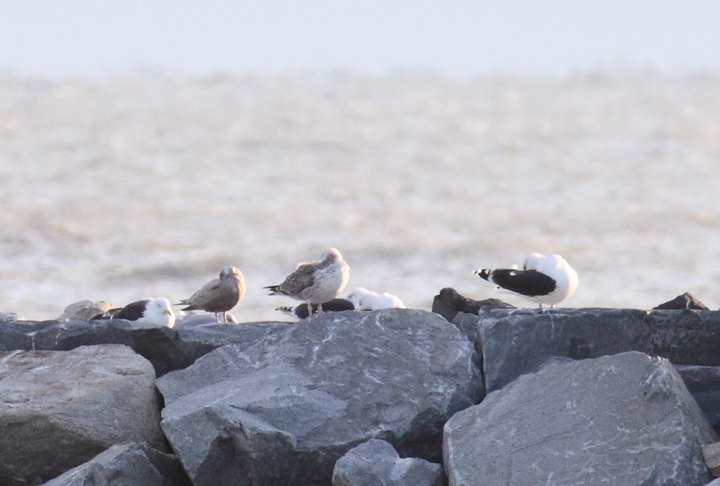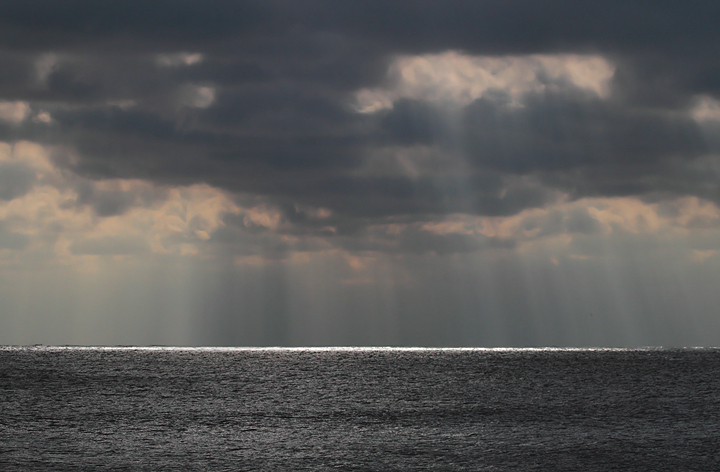New Additions
Early December in Maryland. Last updated: 12/8/2010.
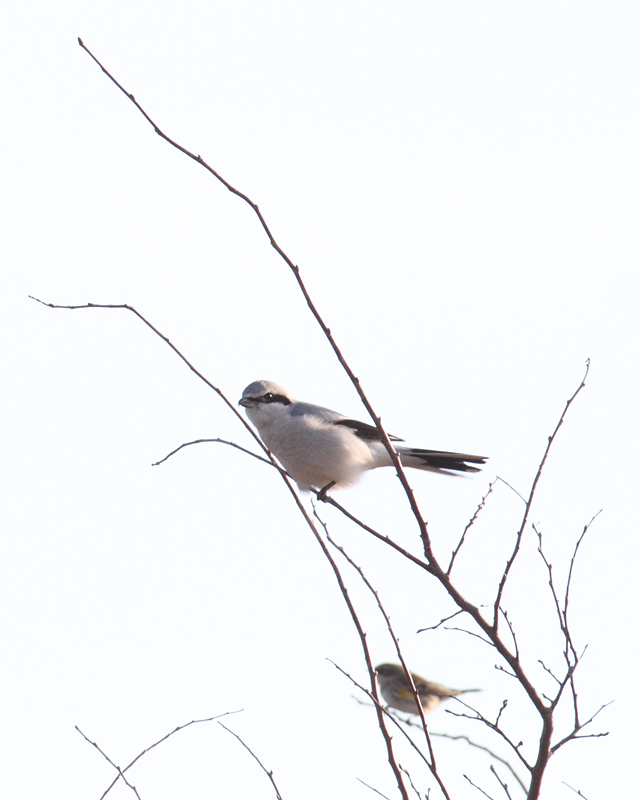
Above and below: A Northern Shrike on Assateague Island, Maryland (12/5/2010). Found on the Rarity Roundup (11/13) by Mike Walsh and Ron Gutberlet and continuing over a large area around Bayside Campground.
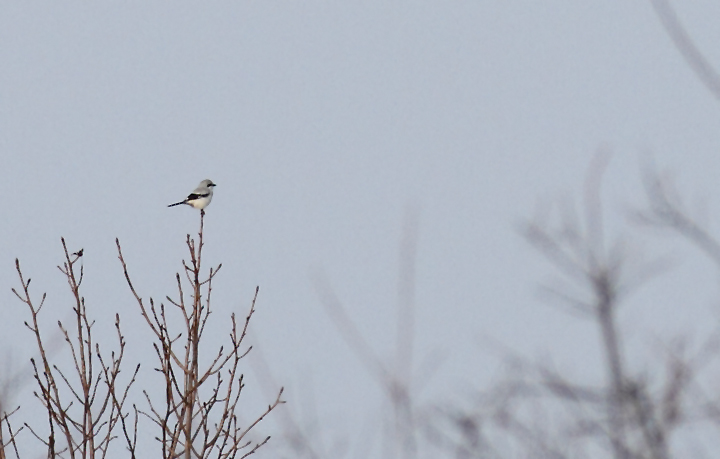
Below: A Eurasian Wigeon near Ocean City, Maryland (12/5/2010). Although a notoriously subtle ID, this individual's warm rufous head coloration makes it a relatively straightforward call.
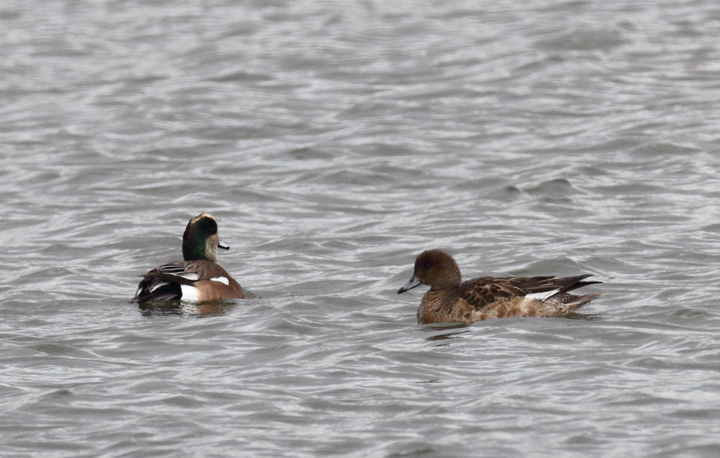
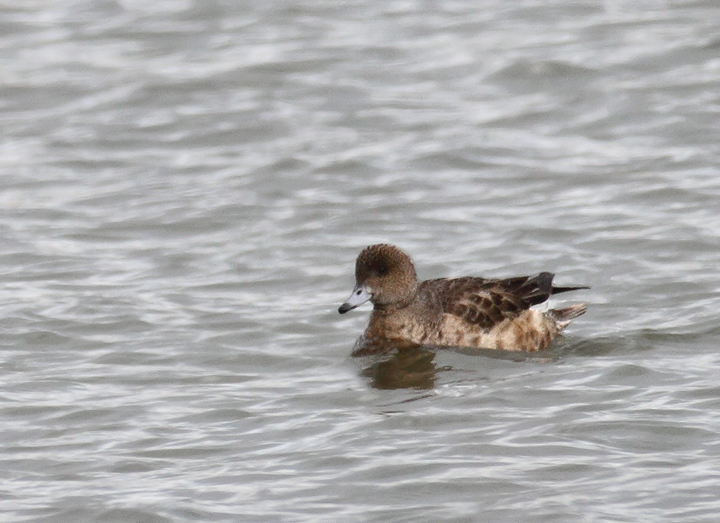
Below: An interesting female American Wigeon (perhaps impossible to rule out a hybrid American x Eurasian) that was originally considered as a candidate for Eurasian. Note fairly uniform coloration between head and lower parts (but with some contrast); warm tones on the head (but mostly at the rear), lack of black markings at the base of the bill (uncommon but OK for American, apparently), and most of all structure (decidedly American). This last element is what kept the discussion of this bird alive (thanks, Matt Hafner, who remained troubled by the structure). Compare the shape of this bird and the definite Eurasian above. Discussion also brought to light that the lack of black line is highly suggestive, but not diagnostic as many believe. Discussion of challenging individuals like this one is so valuable to improving both our own and our collective identification skills. Same location as above near Ocean City, Maryland (12/5/2010). Thanks to Matt Hafner, Marshall Iliff, Mikey Lutmerding, and Dave Ziolkowski for contributing valuable input to the ID discussion.
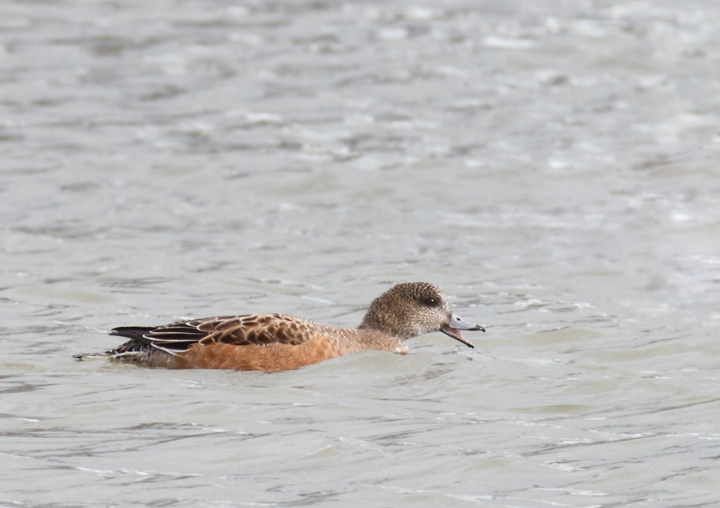
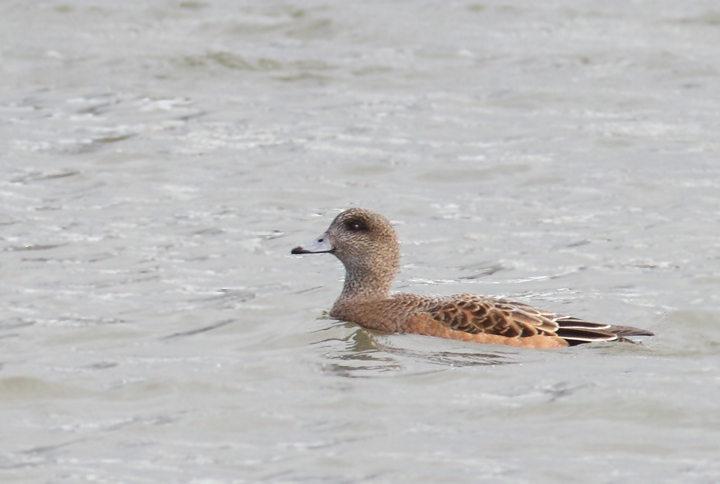
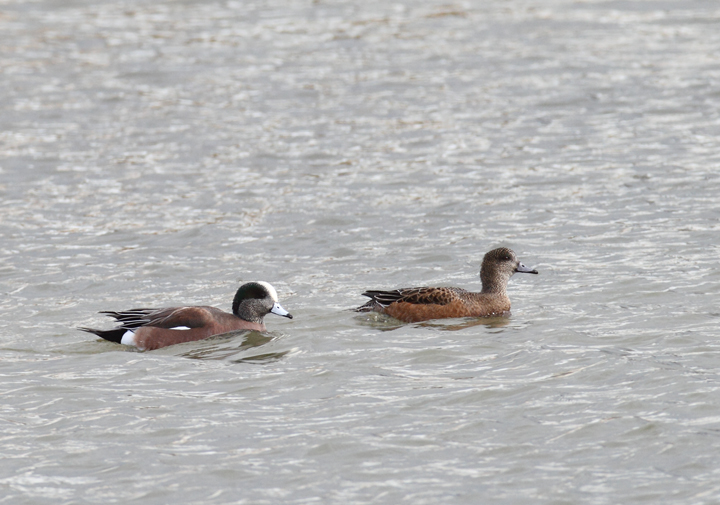
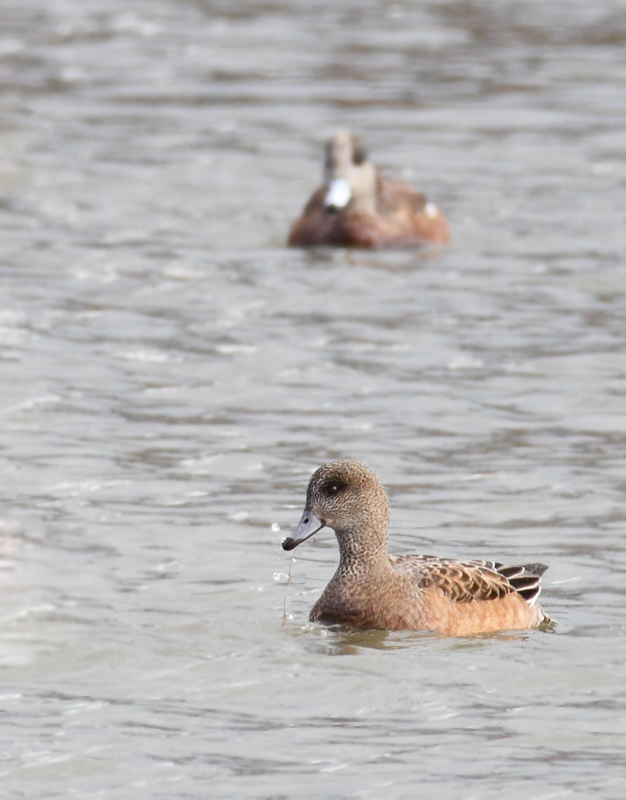
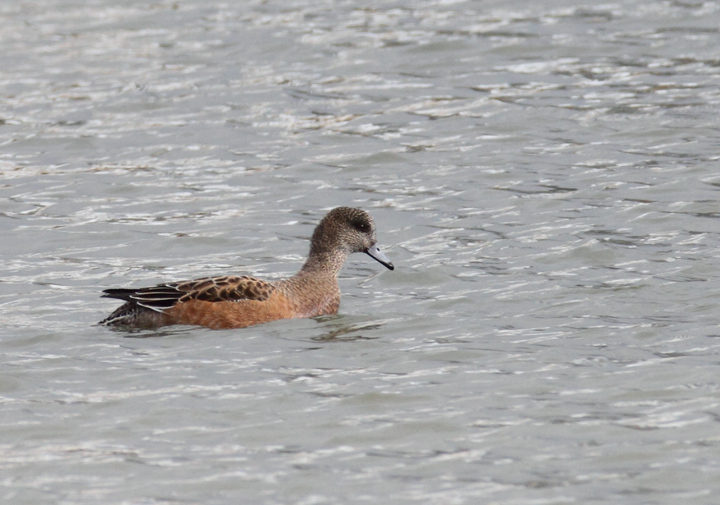
Below: An Ash-throated Flycatcher continuing on Assateague Island, Maryland (12/5/2010). This rare western vagrant was found by Joe Hanfman on 11/27 and has been easily the most cooperative Ash-throated Flycatcher to date in Maryland.
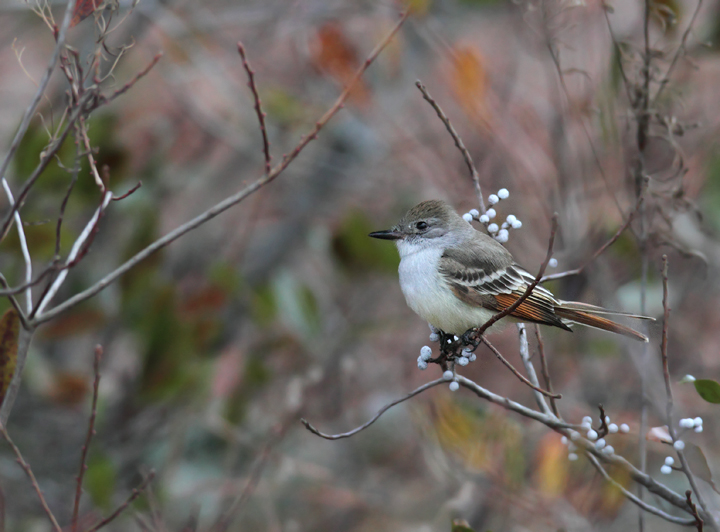
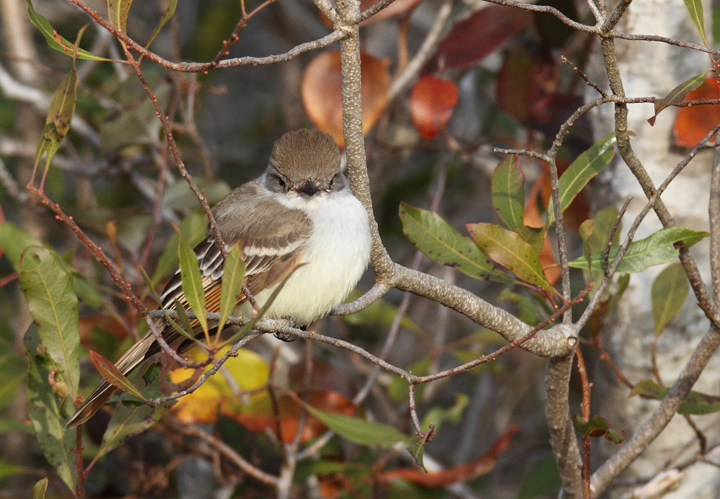
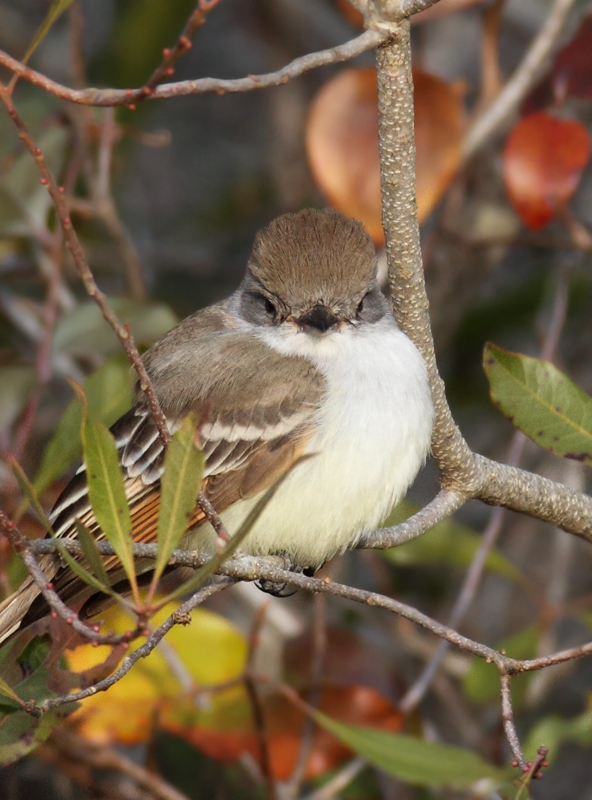
Below: A late Cattle Egret across from the visitor center at Assateague Island, Maryland (12/5/2010). Rare even on the Rarity Roundup in mid-November, this was a new December species for everyone present this weekend.
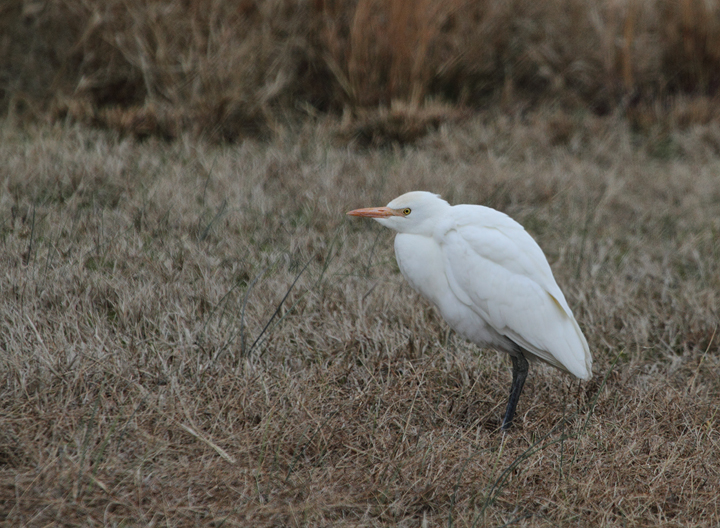
Below: One of two Orange-crowned Warblers found near Ocean City, Maryland (12/5/2010).
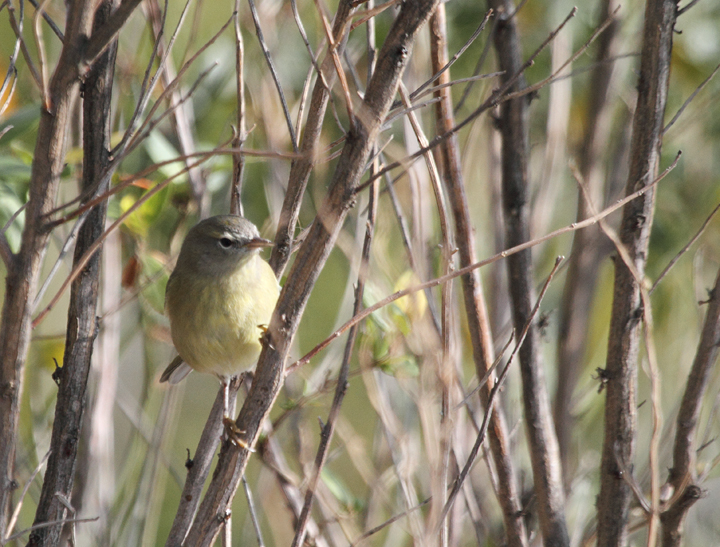
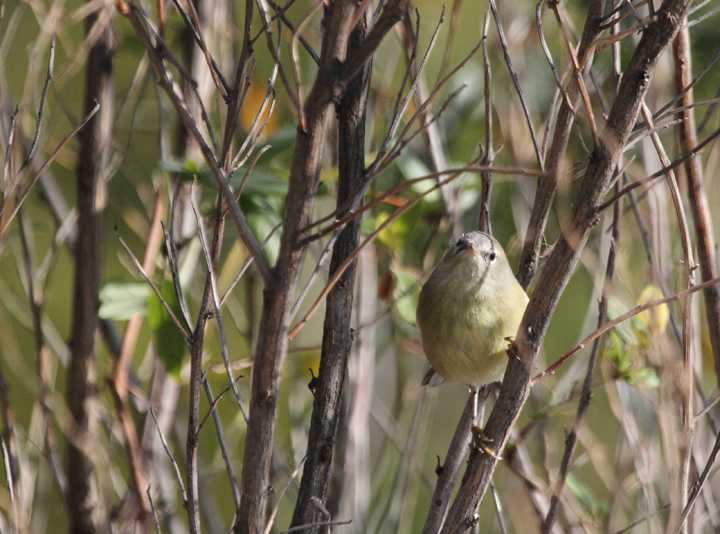
Below: An adult Little Gull with Bonaparte's Gulls at the Ocean City Inlet, Maryland (12/5/2010). In addition to the diagnostic black underwings, note the structural differences, including daintier impression, smaller bill, and very rounded wings. The latter feature provides a different overall flight impression even at a distance.
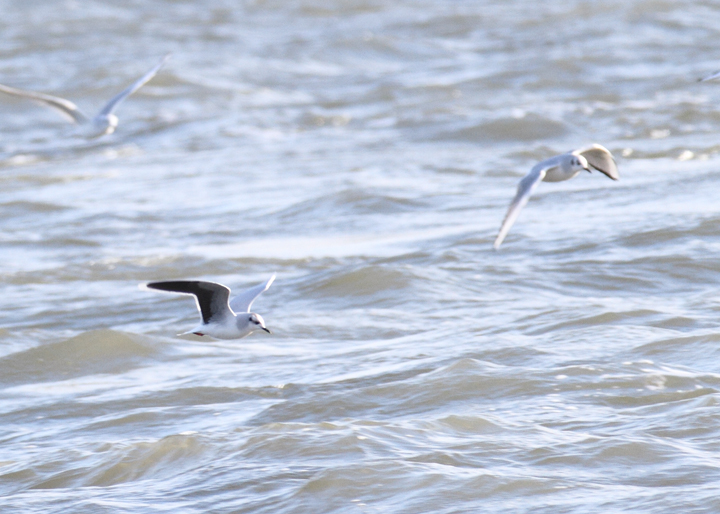
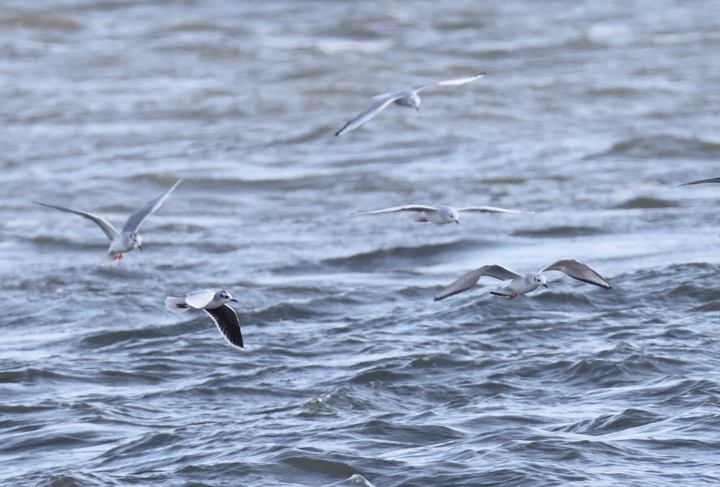
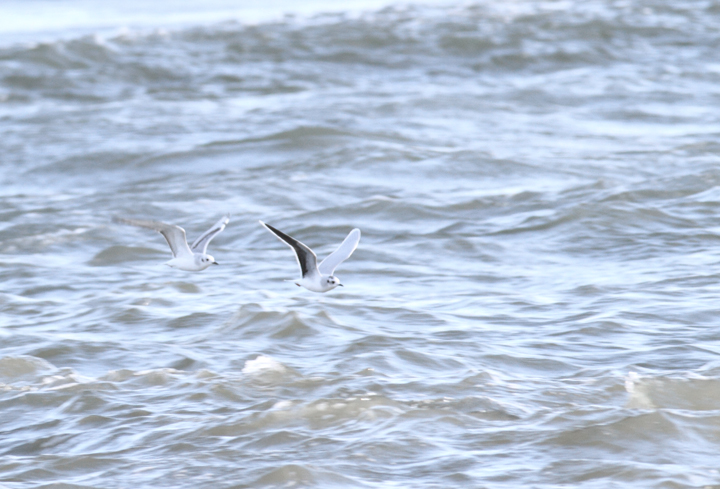
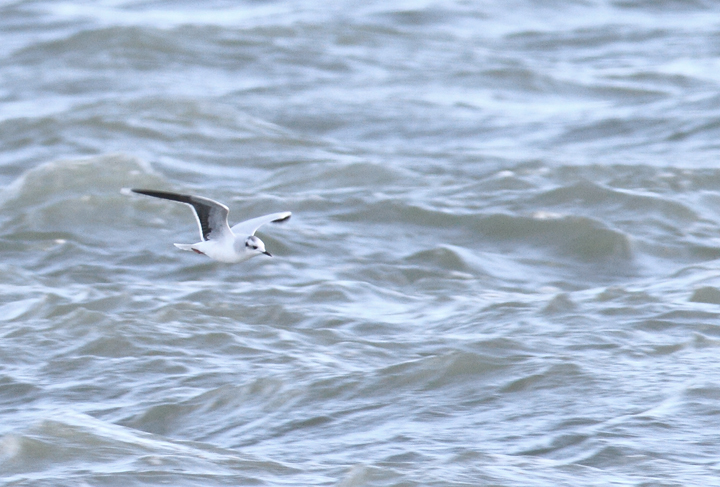
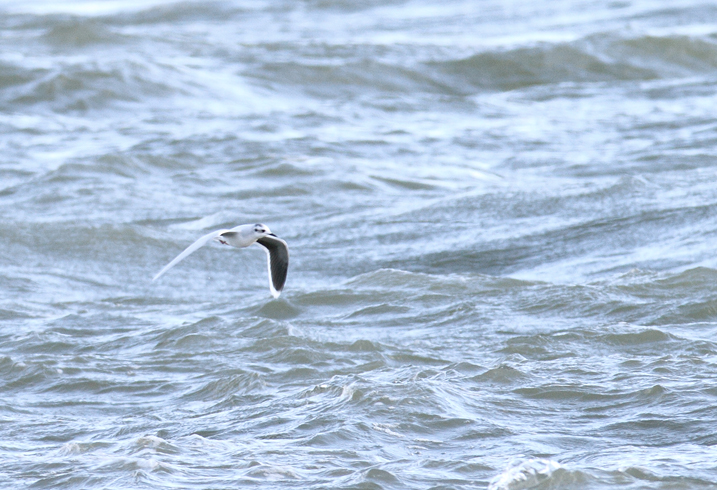
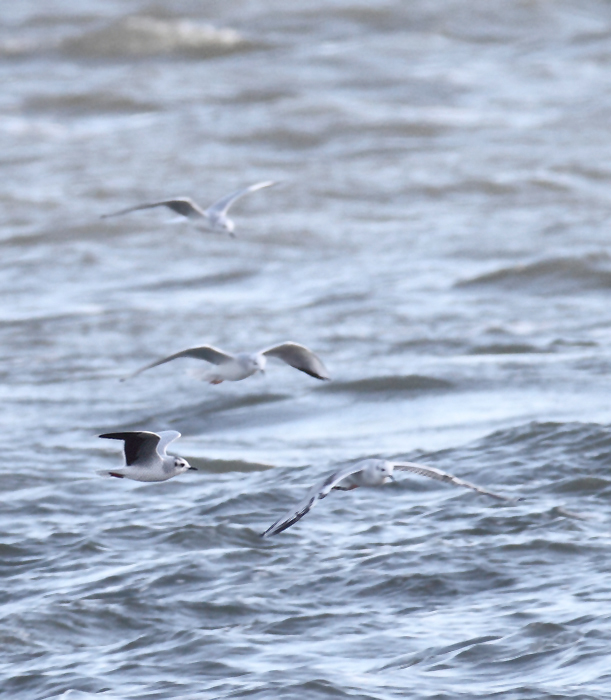
Below: A first-cycle Thayer's Gull roosting among Great Black-backed Gulls at the Ocean City Inlet, Maryland (12/5/2010).
Below: A dramatic view from Assateague Island, Maryland (12/5/2010).

